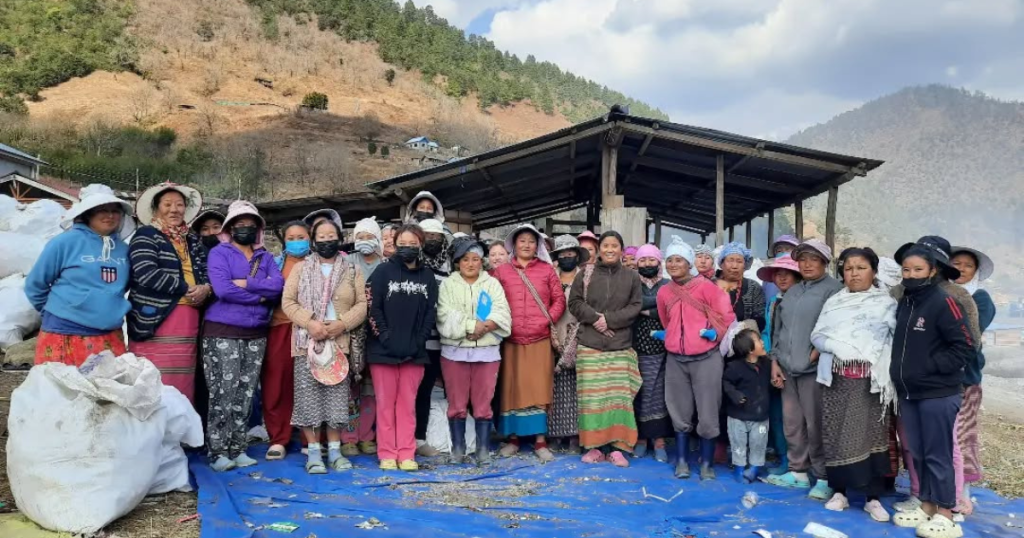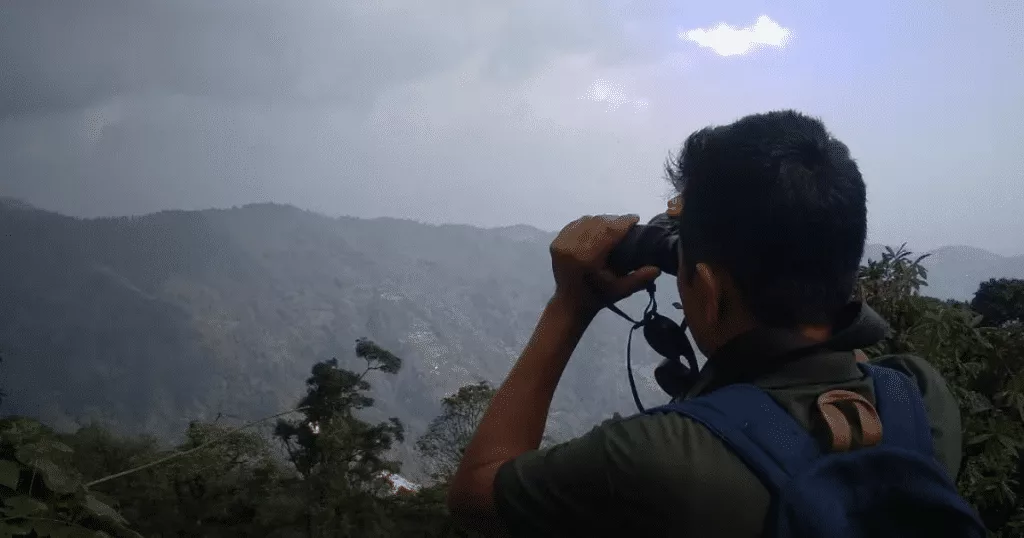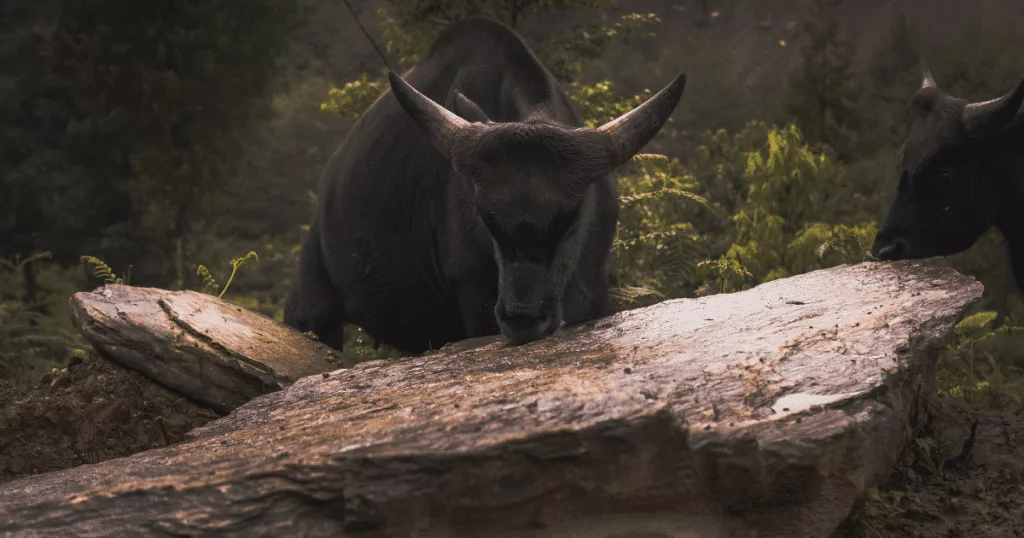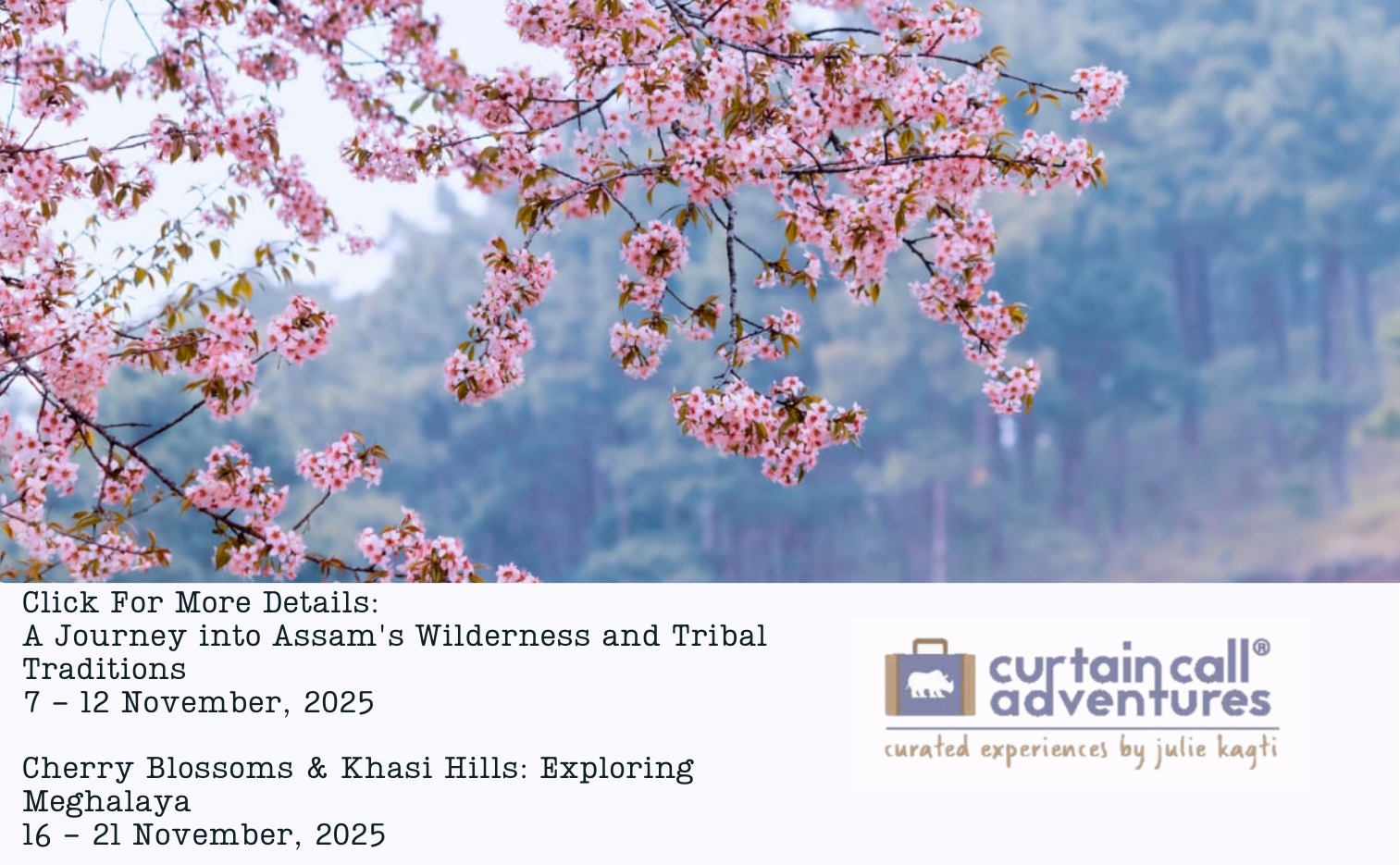Documentaries serve as an incredible lens through which we can witness real-life events, people, and issues that often go unnoticed in the mainstream narrative. Unlike traditional films that rely heavily on fictional stories, documentaries bring forth authentic experiences, providing viewers with raw insights into the world around us. They have the unique power to inform, educate, and inspire, raising awareness about significant social issues, environmental challenges, and cultural narratives. One of the fascinating aspects of documentaries is their ability to present multiple perspectives on a single topic, allowing the audience to engage critically with the material. Through interviews, archival footage, and immersive storytelling techniques, filmmakers can create an emotionally resonant experience that encourages empathy and understanding. Moreover, the rise of streaming platforms has made documentaries more accessible than ever, paving the way for independent filmmakers to share their perspectives and stories. This democratization of storytelling invites a diverse range of voices and experiences to the forefront, enriching the documentary landscape and challenging dominant narratives. In exploring how documentaries function as a distinct narrative form, we can appreciate their role in shaping societal discourse and influencing public perception. Whether shedding light on historical events, exploring personal journeys, or highlighting environmental crises, documentaries remind us of the power of truth in storytelling and its capacity to foster change.
We are thrilled to announce our filmmaking competition, ‘Footprints of Sustainability,’ as a continuation of our commitment to tracing the environmental legacy created by Curtain Call Adventures. This initiative seeks to engage and inspire the youth of Northeast India, focusing on sustainable tourism practices that deeply resonate with their local communities. At Curtain Call Adventures, our goal has always been to curate a collection of narratives that serve as a vital resource for tourism practitioners eager to understand the unique characteristics of this vibrant region. By empowering local voices to share their stories, we aim to illuminate the diverse experiences that highlight both the beauty and the challenges of sustainable tourism. These narratives not only embody the rich cultural heritage of Northeast India but also encourage communication and collaboration among communities dedicated to environmental preservation. Through this competition, we aspire to ignite a passion for sustainability in a new generation, fostering awareness about its crucial role in maintaining the health and vitality of our ecosystems. We invite young filmmakers to explore and express these themes through their creativity, contributing to a brighter, more sustainable future for all.

Storytelling plays a vital role in building a community of like-minded individuals who appreciate eco-tourism. Just as non-linear storytelling weaves together various narratives to engage audiences, the stories we share about sustainable practices can inspire a profound connection to the environment. By creating a repository of experiences—whether they highlight local conservation efforts, adventures in untouched nature, or the challenges faced by eco-friendly businesses—we can cultivate a greater understanding of our collective impact on the planet. These narratives not only celebrate our shared journey but also motivate others to participate actively in protecting our ecosystems. As we delve deeper into the heart of these stories, we invite everyone to join us in this important conversation, sharing experiences and insights that showcase the beauty and complexity of sustainable tourism.
We were truly impressed with the diverse range of entries we received, showcasing a variety of unique perspectives. Each story offered a distinct local viewpoint on the region, enriching our understanding of its culture and environment. After careful consideration, we are excited to announce the three finalists in the ‘Footprints of Sustainability’ Storytelling Competition.
Our esteemed jury for this competition features three exceptional individuals, each bringing unique expertise to the table. First up is Rita Banerjee from Green Hub, who is dedicated to empowering youth across various regions of NorthEast India through the art of filmmaking. Her organization is committed to crafting engaging stories that highlight ecological issues and the significance of forests, inspiring a greater environmental awareness among young people.
Next, we have Arunavh Dam, Co-Founder of Muhaan, which focuses on community-based tourism development and cultural conservation. His work plays a crucial role in promoting sustainable tourism while preserving local cultures.
Reema Kagti, a well-respected Indian film director and screenwriter with a notable impact on the Hindi film industry. She gained recognition with her acclaimed debut, “Honeymoon Travels Pvt. Ltd.,” a film that skilfully intertwines romance and comedy while addressing important social themes.
Last but not least, we have Phillipa Kaye, an expert in Indian experiences and travel. Based in the UK, Phillipa possesses extensive knowledge about India as a travel destination, effectively showcasing its rich culture, heritage, and stunning landscapes to global audiences.
Together, this remarkable jury has provided us with invaluable insights and perspectives for this competition.
These standout entries exemplify creativity and insight in conveying the essence of sustainability in their narratives.In the video entries category, the top three finalists were:

Deep Chetri, whose entry was selected as the winning entry for ‘Footprints of Sustainability’. Deep, a passionate filmmaker, crafted the captivating documentary, “The Knowledge Keeper: Rupen Lepcha.” He resides in the serene setting of Samsing Fari, nestled in the picturesque Kalimpong region of West Bengal, where he is surrounded by the rich biodiversity of Neora Valley National Park. With a deep commitment to environmental storytelling, he has completed a prestigious fellowship at Greenhub India, focusing on video documentation and conservation initiatives. Currently, he contributes his expertise to the Neora Valley Sustainable Ecological Society (N.V.S.E.) and Muhaan, where he serves as a visual documentarian.
In his award-winning film, Deep presents the inspiring journey of Rupen Lepcha, a self-taught birder and naturalist whose unwavering passion for nature has established him as a conservation hero within the local community. Set against the breathtaking backdrop of Neora Valley National Park, the documentary serves as a powerful platform, amplifying the voices of marginalized communities that share deep-rooted connections with the forest ecosystem. This project sheds light on the earnest conservation efforts made by indigenous communities, daring to challenge conventional conservation narratives. It advocates for inclusive approaches that honor and elevate the essential role of these local communities in safeguarding biodiversity for future generations. Furthermore, Deep’s work seamlessly ties into sustainable tourism through the innovative “Living with the Forest” program. This initiative invites local knowledge-keepers to share their invaluable indigenous wisdom with visitors, fostering meaningful cultural exchanges. Guests are offered authentic insights into the traditional practices that enable them to live in harmony with nature, enriching their experience while supporting the conservation of the region’s natural heritage.
Quotes from our jury –
I would like to put forward my nomination for Deep Chettri and his remarkable film on Knowledge Keeper Rupen Lepcha. This film beautifully tells the story of an ordinary man from a remote village who rises to become a devoted conservation leader. With heartfelt reflections and striking visuals, it showcases Rupen’s deepening love for the forest and his vital role in safeguarding traditional ecological knowledge. The narrative is not only engaging but deeply moving, making it an exceptional work worthy of recognition.
-Arunavh Dam, Muhaan

‘The Mising and Menam Homestay of Majuli’, a film by Cynthia Doley, won the first runner-up category in Footprints of Sustainability. Cynthia, a proud graduate of Lady Shri Ram College at Delhi University, possesses a rich tapestry of experiences from her time spent working with various social and environmental NGOs. After immersing herself in these impactful endeavors, she felt a deep calling to return to her ancestral home in Majuli, Assam, the largest river island in the world. There, alongside her mother and the talented women of the Mising community, she has embarked on a vibrant journey of running a homestay and a traditional pickle business, weaving together her love for her heritage and her dedication to community upliftment. Her captivating film offers an insightful glimpse into the enchanting beauty of Majuli Island, showcasing the resilient Mising community and their tireless efforts to preserve their rich cultural identity through the lens of mindful tourism. The documentary artfully captures the essence of their homestay experience, featuring the aromatic and flavorful dishes prepared by her mother, who draws from ancient indigenous cooking techniques. The film also highlights their pickle-making enterprise, showcasing the meticulous process of using locally sourced ingredients and time-honored methods that have been passed down through generations. “I chose this topic because it’s close to my heart,” Cynthia passionately expresses. “It’s about home, heritage, and our daily efforts to keep our culture alive while creating meaningful livelihood opportunities for the women in our village.” Cynthia’s work is a shining example of sustainable tourism principles in action. By providing visitors with authentic experiences that not only honor local traditions but also bolster the local economy, she ensures that the community benefits holistically. Every detail, from sourcing ingredients that are harvested sustainably to implementing effective waste reduction practices, reflects a commitment to environmental stewardship. The homestay employs local women, empowering them financially while employing traditional building techniques that resonate with the island’s cultural narrative. Her carefully crafted video serves as a striking testament to the notion that tourism, when thoughtfully orchestrated, can be a powerful tool for preserving indigenous heritage and creating economic opportunities that uplift the entire community. In this way, Cynthia’s initiatives do not just offer a glimpse into life on Majuli Island; they foster a deeper understanding and appreciation of its vibrant culture and the vital role it plays in the lives of its people.
Quotes from our jury –
“This one beautifully blends sustainability, preserving culture, culinary heritage, creating livelihood all while being one with nature. Finds a perfect balance between supporting local tradition, empowering women to boost tourism. Beautifully shot, well-structured with a holistic narrative makes it a deserving winner. “
-Reema Kagti

With eight years of experience in waste management and community development, Ittisha co-founded NEWC in 2019 to tackle waste issues in Northeast India. Now part of the Azure Lotus Foundation, she serves as Director. Ittisha Sarah, the second runner-up in the “Footprints for Sustainability” competition’s video category, presents The Sangti Project, a collaborative effort between the Northeast Waste Collective (NEWC) and the Monpa community in Sangti, a remote Himalayan village. Project Sangti addresses a significant gap in India’s rural waste management system, where no government agency is responsible for waste services in villages. Despite challenges like difficult terrains, limited resources, isolation, and a sparse population, the Monpa community has created a self-sustaining waste management system based on community engagement and cultural practices. This initiative is crucial for sustainable tourism, focusing on the waste generated by visitors. It involves local homestays, resorts, and campsites in waste segregation and reduction while promoting low-waste hospitality. Tourists participate in educational workshops and visits to the Material Recovery Facility, gaining insights into waste management in sensitive ecological areas. Project Sangti exemplifies how tourism can benefit communities by preserving the natural beauty and cultural heritage that attract visitors, ensuring these resources are maintained for future generations. This model of sustainability rooted in collective responsibility is a blueprint that could be replicated across India.
“Quotes from our jury –
The story effectively highlighted the community-led zero waste initiative in Sangti. The narrative was straightforward and easy to follow. This location becomes a crucial habitat for the Black Crane during the winter months, suggesting that it could attract more tourists in the future. Therefore, this initiative is vital for transforming it into a Responsible Tourism destination.
-Rita Banerji, Green Hub
In the reels category, the ones that were our jury’s top pick were:

Cafe Mei, created by Riteilang Khongrangjem, has been recognized as the winner in the Reel category of the Footprints for Sustainability competition. Riteilang effectively captures the essence of sustainability through his photographic lens, showcasing a unique perspective as a photographer, storyteller, and tour guide. He is also a participant in the 6th batch of Green Hub. His work has been published in a book and has received accolades in numerous photography competitions, including an award from the Meghalaya Biodiversity Board on the occasion of the International Day for Biological Diversity in 2019.
The distinguishing aspect of Riteilang’s winning reel is his emphasis on the Mei-Ramew Café, an indigenous establishment committed to the preservation of traditional culture and sustainable practices. Through his visual storytelling, he demonstrates how such establishments provide tourists with an authentic means of connecting with indigenous cultures, values, and lifestyles.
Riteilang’s work highlights the notion that responsible tourism extends beyond mere visitation; it encompasses an understanding of the places one visits. His reel effectively illustrates how indigenous enterprises can enhance travel experiences, transforming them into opportunities for cultural appreciation and fostering environmental consciousness.
Quotes from our jury –
“Captures the essence of indigenous café focusing its role in preserving tradition. Also highlight sustainable practices implemented. Not only educates but invites viewers to experience it. “
-Reema Kagti
Alongbar Basumatary, ‘The Preparation of Emao’, Bodo traditional rice wine/beer making, won the first runner-up in the reels category. With a solid foundation in the arts and active participation in NGOs such as BERE and MAVA Mumbai, Alongbar Basumatary merges his passion for photography, documentation, ethnic cooking, and indigenous crafts to illuminate critical aspects of his community’s sustainable practices. His visual narratives provide viewers with a profound insight into the rich cultural heritage of the Bodo community in Assam, revealing the intricate process involved in creating traditional rice beer and wine—particularly significant during the Bwisagu/Bihu festival season. This cultural tradition, often overlooked in mainstream discourse, embodies centuries of sustainable food preservation methods and serves as a testament to cultural identity. The preparation of Emao (yeast), an essential component in these traditional beverages, highlights how indigenous knowledge systems have fostered ecological balance while celebrating cultural occasions. The documentation of these practices supports sustainable tourism by offering genuine perspectives on rural life in Assam. By promoting these indigenous traditions, Alongbar’s work facilitates knowledge exchange, cultural appreciation, and economic opportunities through rural tourism. Visitors are invited to engage deeply in authentic ethnic experiences, while local communities are empowered to safeguard and proudly present their heritage. This model of tourism not only respects traditional knowledge but also fosters sustainable livelihoods, epitomizing the true spirit of responsible cultural tourism.
Quotes from our jury –
I would like to put forward Alongbar Basumutary for his captivating reel that showcases the traditional process of crafting rice beer and wine within the Bodo community in Chirang district, Assam. This reel is not only engaging but also educational, highlighting a culturally important yet often overlooked tradition — the preparation of Emao (yeast), particularly during the festive Bwisagu/Bihu season. The storytelling is remarkably impactful, even within the brief duration of the format.
-Arunavh Dam, Muhaan
Sunny Paul has been recognized as the second runner-up in the Reel Category of the Footprints for Sustainability competition for his entry, “Bamboo Craft Workshop,” which effectively highlights the importance of cultural preservation and sustainable tourism.
Currently, Sunny collaborates with on the progressive “Journey for Learning” initiative in the Karbi Hills of Kaziranga. This project focuses on community-based tourism, promoting experiential learning and fostering sustainable livelihoods.
His acclaimed reel emphasizes the significance of traditional Bamboo Craft workshops that engage visitors with the rich heritage of Karbi artisanship. Led by master craftsmen such as Bronson Tokbi, these workshops address an important issue: the declining interest in traditional crafts among younger generations.
What distinguishes Sunny’s entry is its demonstration of sustainable tourism principles in action. By utilizing eco-friendly materials, supporting indigenous artisans, facilitating cultural exchange, and advocating for environmentally conscious practices, he offers a compelling vision for responsible tourism.
As a committed advocate for responsible tourism throughout Northeast India, Sunny’s work not only empowers indigenous communities but also plays a crucial role in preserving their invaluable traditional knowledge.
Quotes from our jury –
“Bamboo Craft reflects both cultural heritage and sustainable living. Integral to sustainability is its endeavour to inspire the next generation to carry forward the tradition. “
-Reema Kagti

We invite you to contribute your own experiences and insights. Together, we want to create a vibrant community that champions eco-tourism and sustainability, ensuring that our practices today lead to a better tomorrow for generations to come.

